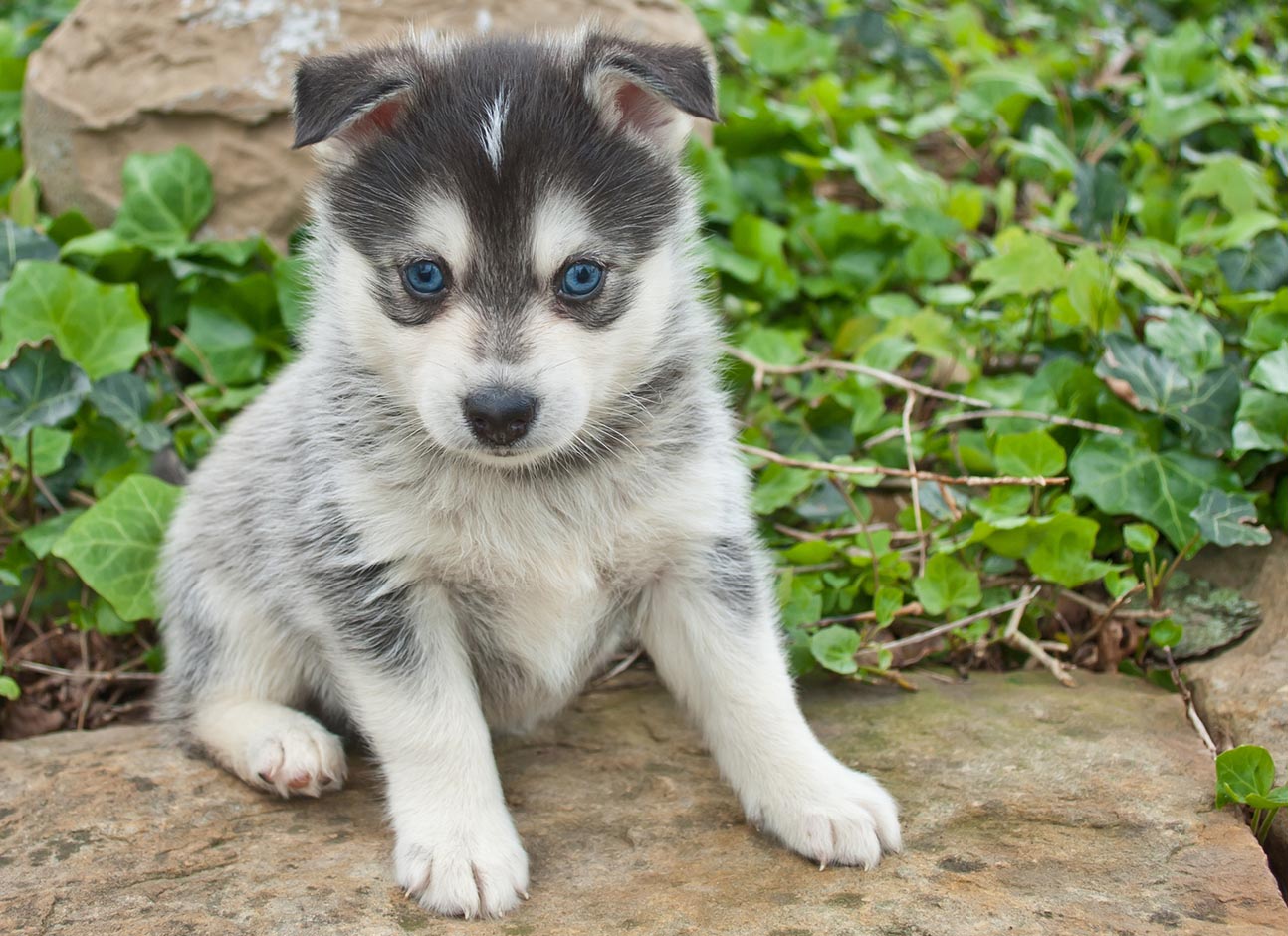Ivy is a beautiful plant found in many parts of the world. However, it’s not always easy to tell if your dog has eaten ivy because it looks similar to other common household plants. If you suspect your dog has ingested ivy, you should immediately take him to the vet clinic for treatment!
Is ivy poisonous to dogs?
Ivy is poisonous to dogs, but there are some important things you need to know before using it as a plant in your yard.
• Ivy contains naturally occurring chemicals called saponins and polyacetylene compounds, which can cause skin irritation and allergic reactions in dogs.
• Urushiol is the resin that causes these reactions and has been found on all parts of the plant (including its leaves).
Urushiol is more likely to cause allergic reactions in certain breeds of dogs than others: Golden Retrievers, German Shepherds, and Dalmatians be especially sensitive because they lack an enzyme called cytochrome P450 epoxygenase (CYP2J2), which breaks down urushiol into non-toxic substances like glycosides or oximes.
Signs of ivy poisoning in dogs
Ivy poisoning in dogs is a serious condition that can be deadly if not treated quickly. Signs of ivy poisoning in dogs include vomiting, diarrhea, and loss of appetite. Dogs may also experience lethargy (lack of energy), weakness and lack of coordination. If your dog has any signs of ivy poisoning, it’s important to get them to the vet clinic immediately for treatment.
If you suspect your dog has been exposed to ivy leaves, then call your veterinarian immediately so they can determine whether or not any underlying issues are causing these symptoms – if so, then they’ll need to run tests on them before determining what treatment options will be best for them based on their unique case history.”
What do I do if my dog has eaten ivy?
Call the vet clinic immediately if you suspect your dog has eaten ivy. It is important to get treatment for your pet quickly so he can recover as quickly as possible.
If you have questions about ivy toxicity in dogs, talk to a veterinarian! The sooner they are treated with IV fluids and medications such as penicillin and quinolones like ciprofloxacin (Cipro), the better their chances of surviving this type of poisoning.
Treatment for ivy poisoning in dogs
If your dog has ivy poisoning, he’ll need treatment. The most common treatment is removing the plant from the yard and bathing him. Afterwards, you can give him activated charcoal to help absorb toxins from his system.
If you’re concerned about how much of an impact this poison may have on your pet’s health or well-being, talk with your vet about what other options might be available for helping them through this ordeal!
How to prevent canine ivy poisoning
To prevent canine ivy poisoning, keep your dog away from ivy. If you know they have eaten ivy and show any poisoning symptoms, take them to the vet immediately!
If you suspect your dog has ingested poison from one of these plants (or any other), look at its stomach contents immediately. This will help determine whether or not treatment is needed for the animal’s condition.
Conclusion
Ivy is a common plant found in many parks, gardens, and yards. For this reason, it’s important to know the signs of ivy poisoning in dogs. Contact your veterinarian immediately if you notice any changes in your dog’s behavior or unexplained vomiting.
Our Modern Vet JVC is located just 1 minute’s walk from Ladybird Early Learning Center. You can drive here from Al Wasl via Sheikh Zayed Rd to Al Meydan Rd and then to Al Khail Rd to reach Modern Vet JVC Crossing Regina Tower.
